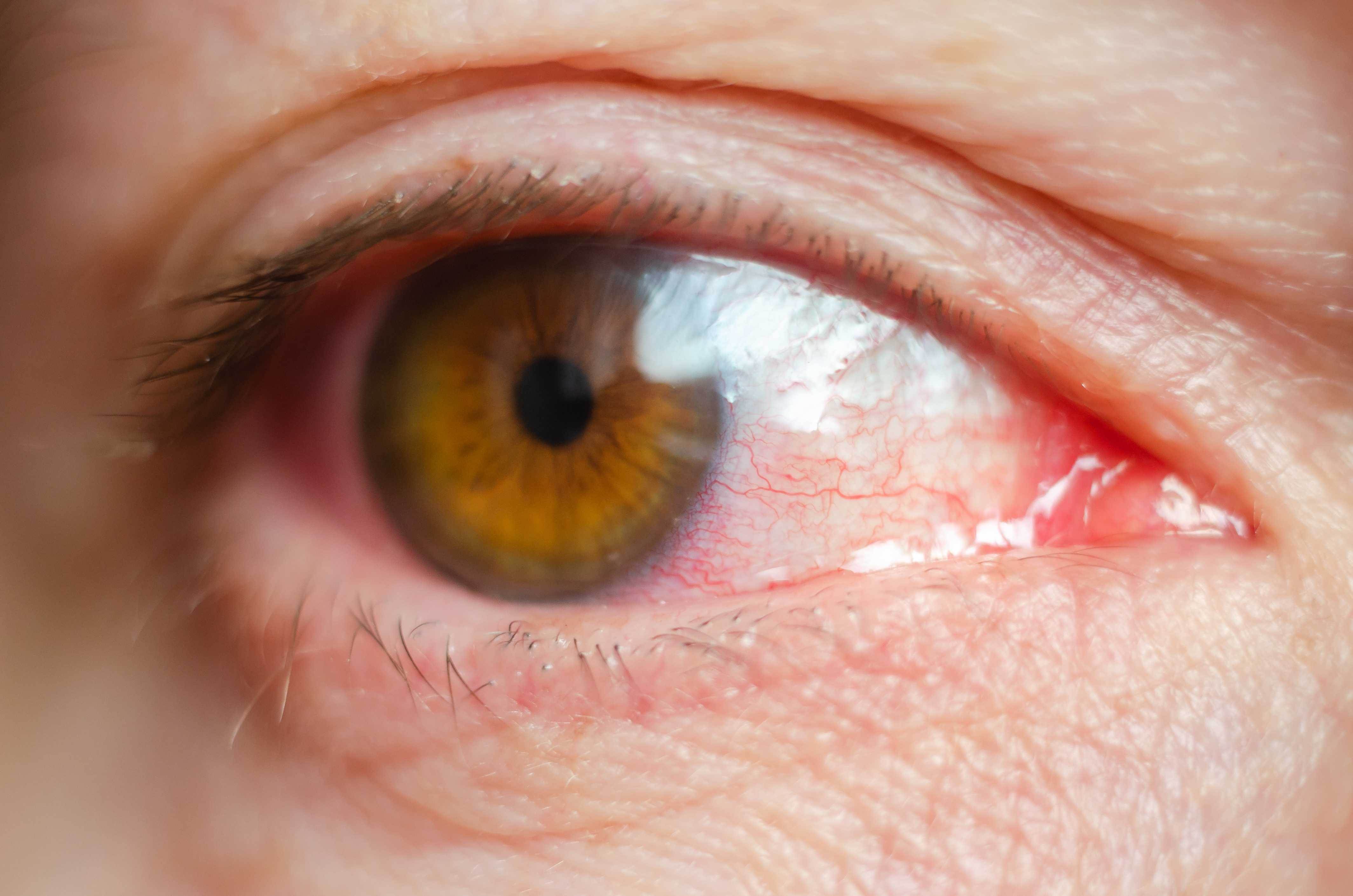Uveitis & Ocular Inflammation
Uveitis (pronounced you-vee-EYE-tis) is basically an internal inflammation of the eye. The condition involves the middle layers of the eye, also called the uveal tract or uvea. The uvea includes the iris (colored part of the eye), choroid (a thin membrane containing many blood vessels), and the ciliary body (the part of the eye that joins these together).
WHAT ARE THE SYMPTOMS OF UVEITIS?
Symptoms of uveitis may include:

Uveitis may develop rapidly, and it is very important that you see your eye doctor for a complete eye exam if you develop these symptoms, especially if a painful, red eye does not clear up quickly.
Left untreated, uveitis may permanently damage your vision.
WHAT CAUSES UVEITIS?
What Causes Uveitis? Uveitis has many potential causes, including infection with a virus. Other potential causes include fungus, bacteria, parasite, inflammatory disease affecting other parts of the body, or injury to the eye.
There are four types of uveitis:
Iritis is the most common form of uveitis. It affects the iris and is often associated with autoimmune disorders such as rheumatoid arthritis or sarcoidosis. Iritis may develop suddenly and may last weeks, even with treatment. Rare cases are chronic and require close, long- term monitoring.
Cyclitis is an inflammation of the middle portion of the eye and may affect the muscle that focuses the lens. This also may develop suddenly and last several months.
Retinitis affects the back of the eye. It may be rapidly progressive, making it difficult to treat. Retinitis may be caused by viruses such as shingles or herpes and bacterial infections such as syphilis or toxoplasmosis.
Choroiditis is an inflammation of the layer beneath the retina. It may also be caused by an infection such as tuberculosis.
HOW IS UVEITIS TREATED?
Because uveitis is serious, treatment needs to begin right away. For uveitis not caused by an infection, your eye specialist may prescribe eye drops or pills containing steroids to reduce swelling and drugs to relieve pain. Drops that dilate your pupil may be given to prevent eye spasm and adhesions of your pupil. Antibiotics are used in those who have infectious uveitis. Dark glasses will help with light sensitivity.
Complications of uveitis may include glaucoma, cataracts, abnormal growth of blood vessels in the eyes that interfere with vision, fluid within the retina, and vision loss. Early diagnosis and treatment by an eye specialist is critical.
For more information or to book appointment for Uvea and Ocular Inflammation treatment in Prayagraj, please contact Dr. Ashish Mitra at +91 8085309909 or write us at info@eyeclinicprayagraj.com
